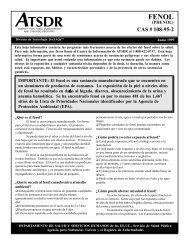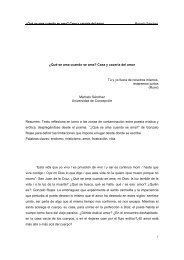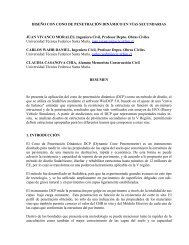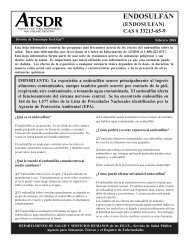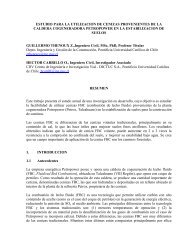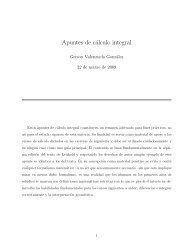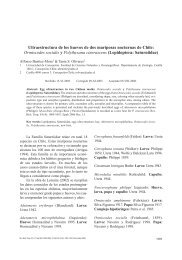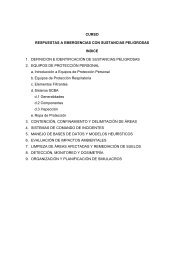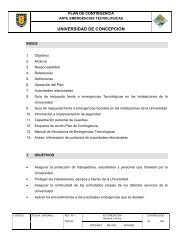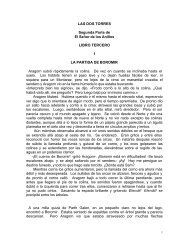Beer : Health and Nutrition
Beer : Health and Nutrition
Beer : Health and Nutrition
You also want an ePaper? Increase the reach of your titles
YUMPU automatically turns print PDFs into web optimized ePapers that Google loves.
156 Chapter Seven<br />
interesting to see whether any such genotypic foundation for alcohol abuse is also the<br />
causal factor in determining other compulsive phenotypes.<br />
It is unavoidably the case that sustained <strong>and</strong> excessive consumption of alcoholic<br />
beverages is damaging to the body. However, the diseases generally associated by the<br />
general populace with alcohol are not suffered by the greatest number of people who<br />
drink moderately. Diseases such as cirrhosis are developed by those who take alcoholic<br />
drinks in relatively huge amounts.<br />
Indeed we see that a beer intake of the order of 2 pints per day has, on balance, a bene<br />
cial impact on the body, particularly in lowering the risk of cardiovascular disease.<br />
Yet despite the growing evidence, it is still a message that sits uncomfortably at the<br />
highest levels. Thus in March 2003 the Alcohol <strong>and</strong> Tobacco Tax <strong>and</strong> Trade Bureau of<br />
the US Department of the Treasury issued its nal rule on ‘<strong>Health</strong> Claims <strong>and</strong> other<br />
<strong>Health</strong>-related Statements in the Labelling <strong>and</strong> Advertising of Alcohol Beverages’. The<br />
particular concern is with the marketing of alcoholic drinks from a health perspective.<br />
It should be realised by the reader that brewers have tended not to do this overtly since<br />
the days of generalised advertisements of the Guinness <strong>and</strong> Mackeson variety. I have<br />
detected no tendency within beer companies to shift overtly from this stance, unlike<br />
the case for certain other types of alcoholic beverage. Indeed the Tax <strong>and</strong> Trade Bureau<br />
(TTB) document (which runs to 142 pages) says:<br />
TTB recognises that based on the administrative record, it does not appear that<br />
distillers <strong>and</strong> brewers are interested in using health claims or health-related statements<br />
in the labelling or advertising of alcohol beverages.<br />
If we study the TTB document we nd statements such as this:<br />
In view of the undisputed health risks associated with alcohol consumption, we<br />
<strong>and</strong> our predecessors have always taken the position that statements attributing<br />
positive effects on health to the consumption of alcohol beverages are misleading<br />
unless such statements are appropriately quali ed <strong>and</strong> properly balanced.<br />
This one sentence suggests that the writers have set out their stall with an unquestioning<br />
acceptance of the negatives associated with alcohol but an inherent suspicion of those<br />
who suggest that there may be positives.<br />
They go on to say that:<br />
TTB view statements that make substantive claims regarding health bene ts associated<br />
with alcohol beverage consumption (e.g. ‘moderate alcohol consumption<br />
is good for your health’) as making curative or therapeutic claims. Claims that<br />
set forth only a partial picture or representation might be as likely to mislead the



